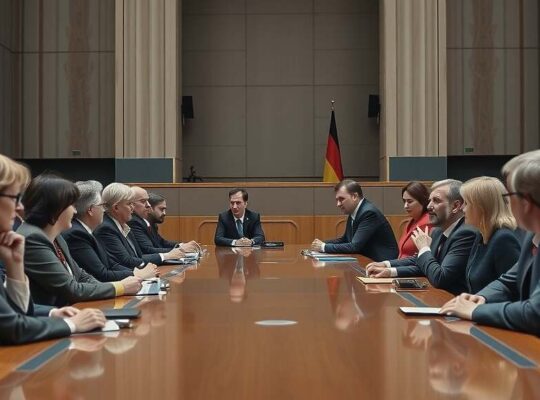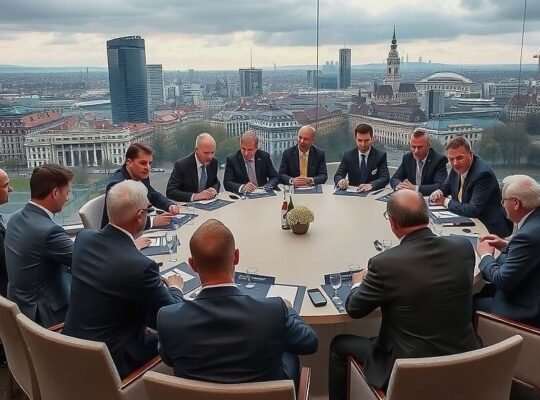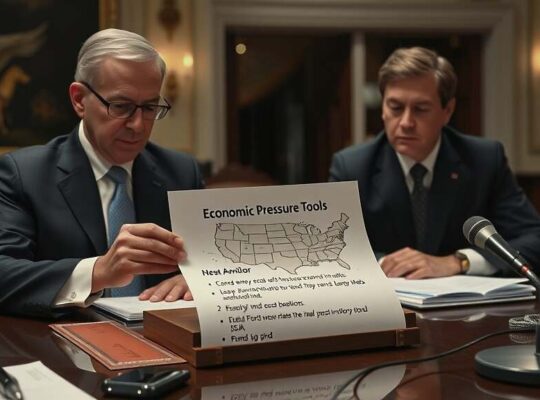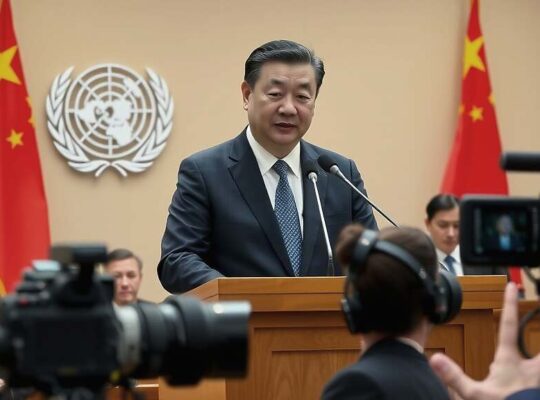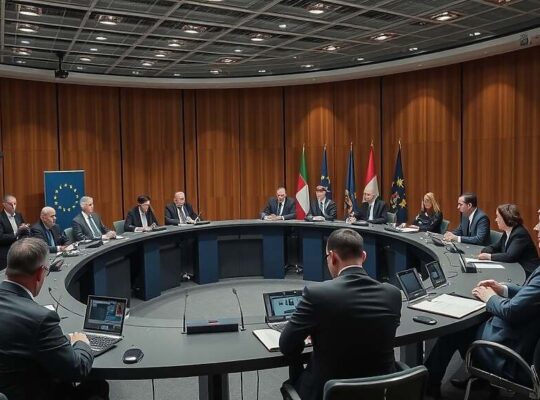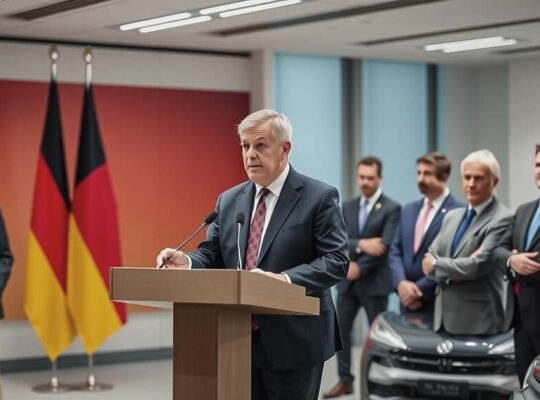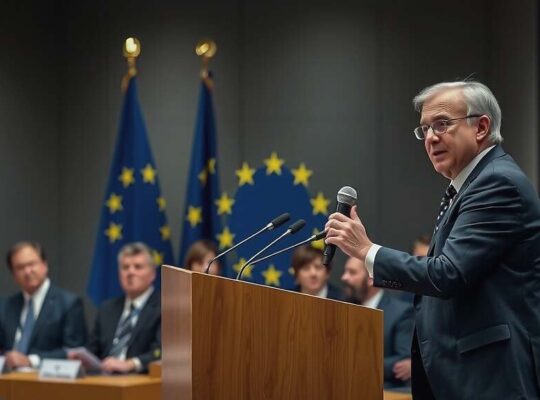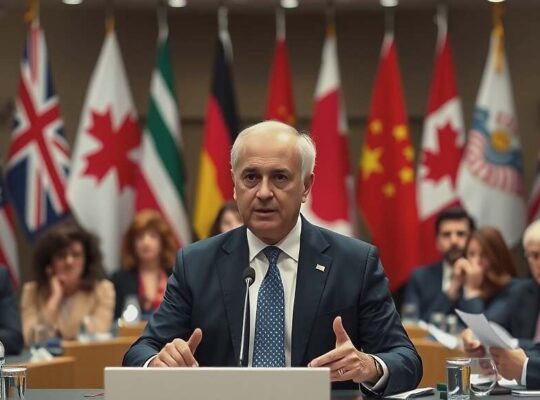The looming “Steel Summit” at the Chancellery is generating significant pressure on the German government to endorse a hardline stance against Chinese steel imports, according to leading figures within the center-right CDU party in the European Parliament. The debate highlights a growing disconnect between industrial protectionism and the complexities of European trade policy, while simultaneously exposing vulnerabilities in Germany’s energy transition.
CDU MEP Dennis Radtke argues the summit demands a decisive signal. He criticized previous government approaches, characterized by excessive analysis and photo opportunities, suggesting a need for immediate action. Radtke stressed that endorsing the European Commission’s proposed trade package – which includes substantial tariffs on Chinese steel – is “elemental” to address what he perceives as “unfair competition” from China.
His sentiment is echoed by CDU MEP Christian Ehler, who insists the summit must deliver tangible results for the beleaguered German steel industry. He calls for both immediate measures to ensure survival and a long-term strategy to secure the future of European steel production. Crucially, Ehler emphasizes the necessity of an “industrial electricity price” within a broader financial package, a move he believes is unavoidable should the government truly champion the European Commission’s proposals.
The Commission’s recent proposal, which aims to restrict duty-free imports to 50% of previous levels and impose a 50% tariff on subsequent deliveries, represents a significant escalation in trade tensions with China. This follows increasing accusations of Chinese state subsidies distorting the global steel market and undercutting European producers.
However, the pressure to endorse these measures also lays bare a deeper political narrative. Ehler’s call for an industrial electricity price is accompanied by a veiled criticism of previous administrations’ energy policies, suggesting the current crisis is, at least in part, a consequence of flawed transitional strategies. The potential adoption of significant tariffs alongside a new, subsidized electricity price arguably represents an admission that some previous policy choices have driven the sector to the brink. The summit Thursday stands as a critical juncture, poised to reveal the extent to which the German government is willing to prioritize domestic industry, even at the potential cost of escalating trade disputes and potentially requiring a significant shift in economic strategy.





